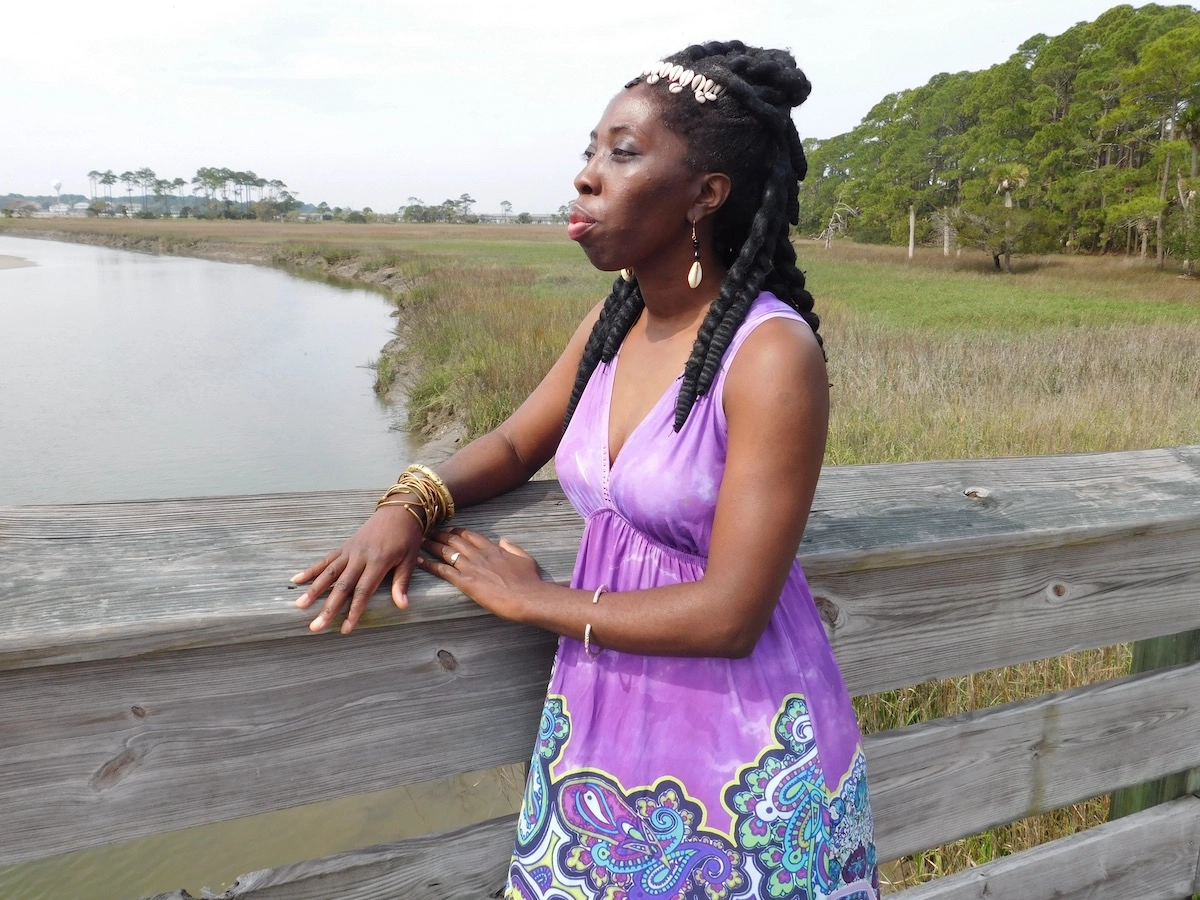By Scott Graber
It is Saturday morning. This morning I have the New Yorker, which gives us a “Letter from Ukraine.” In that letter we learn that the 28th Separate Mechanized Brigade has been fighting for more than a year; and somewhere along the line this depleted, beaten-up, hollowed-out unit found a fully operational Maxim machine gun.
Before we get too far into the weeds, let me say this Godforsaken brigade also has the more modern PKM machine gun as well as the ubiquitous Kalashnikov. But in their desperation to return Russian fire, the 28th found an iron wheeled, wooden gripped relic that dates back to World War II. It is important to know the first Maxim was put into service in 1884 and this one (circa 1945) is nearly identical to the 1884 model.
“The gun’s operator, a raw-boned soccer hooligan with brass knuckles tattooed on his hand, spoke of the Maxim like a car enthusiast lauding the performance of a vintage Mustang.”
When first introduced the Maxim was capable of firing 600 rounds a minute with a range of farther than 80 yards. The first Maxim made its debut in 1884 — the same year Britain and 13 other countries met in Berlin to discuss the future of Africa.
For years French, English and Belgian explorers had been trekking through the African bush making deals with tribal leaders — deals that involved ivory, rubber or palm oil. Now the main actors in this exploration and exploitation wanted to solidify their territorial claims.
The Brits had already planted the Union Jack in Egypt; they were interested in Kenya in the East; but were also worried about the French who seemed to have a grip on most of West Africa. Britain began its focus in West Africa on a vast, semi-arid region just South of the Sahara called the Caliphate of Sokoto.
Sokoto was Muslim, having been conquered by the Islamic cleric Usman dan Fodio in 1794. By 1900, Sokoto was a productive agricultural region protected by fierce, horse-riding warriors. But excepting for a few inaccurate, slow-firing muskets these horsemen had few firearms.
The Brits arrived with battle-hardened African infantry, disciplined sergeants and subalterns, and tactical units with at least two Maxim guns and two 75mm cannon.
In a series of pitched battles, the Maxims decimated the hard-charging, poorly armed Muslim horsemen. After the British won in northern Nigeria, they recruited these Hausa-speaking Muslims` into their army and the Hausa have remained the bedrock of the Nigerian military ever since. This, historians say, is the problem with Nigeria today.
It seems to be the historical consensus that the North of Nigeria — the Hausa peoples in particular — will never be reconciled with the Igbo and Yoruba-speaking peoples in the South. It seems to be geopolitical gospel that the seeds of conflict (in Nigeria) were planted when the north and south were amalgamated by Britain in 1900.
In 2006, my wife and I traveled to Sokoto to film Attahiro Bafarawa — the then-Governor who now wanted to be President of Nigeria. We almost didn’t make it when Susan refused to board a vintage 727 that would fly our final leg from Abuja to Sokoto.
“For God’s sake, Susan, this dented, dusty, duct-taped jet makes two round-trip flights every week!” The following week this same jet crashed killing everyone on board.
While in Sokoto we also filmed local people setting up our cameras on the Giginya Hotel’s non-alcoholic terrace overlooking the Sahara. I interviewed — while drinking a warm Fanta — an Igbo businessman from the South.
He was, indeed, critical of the Hausa people. As I think back on that Sahara-heated afternoon I remembered thinking, “To bad for these Nigerians — If they could just get past this north/south contempt.”
But lately I’ve reconsidered that conversation as it relates to the United States.
Is the ethnic contempt I heard in Nigeria as toxic as that of a Trump-besotted Alabamian for a Northeastern, ivy-educated Biden believer? Are the fault lines in our Republic as intractable as those in Nigeria?
My wife and I are newly minted grandparents. In our fourth-quarter dotage, I want to believe the fevers in the U.S. will diminish, the fault lines will fade, the center will hold.
We started off a squabbling polyglot and continue to shout and shove. When my grandson comes of age, I believe there will still be a Republic. We have our problems but we are not Nigeria.
Scott Graber is a lawyer, novelist, veteran columnist and longtime resident of Port Royal. He can be reached at cscottgraber@gmail.com.








